With its commercial popularity, bottled water might seem like a convenient option. The numbers do not lie — in the US, we use about 1,500 plastic bottles per second.
However, do you know that drinking bottled water can actually negatively impact your health and the planet?
Read on to learn more about why you should think twice about drinking this water.
What You Should Know About Bottled Water
1. Convenient? — At A Cost
This is probably the first thought you have when it comes to bottled water. If you focus only on your trip from the grocery to your home, then the claim might still hold up. However, when you look at the bigger picture of the industry and its effect on your health and the planet, is this perception really true?
The negative long-term effects and energy-exhaustive process of bottle manufacturing, which we discuss below, prove this to be wrong.
2. Plastic Bottles Are Not Eco-Friendly
No matter how you look at it, plastic bottles are never good for the environment. Manufacturers of these bottles usually use polyethylene terephthalate (PET) to make them.
PET breaks down into small fragments over time, and they release toxins that can contaminate the soil and waterways and make animals sick. A single plastic bottle takes years to degrade, so it can be a huge contributor to the world’s enormous piles of garbage.
Polyethylene Terephthalate (PET) Definition: PET is the chemical name for polyester and is a lightweight, clear, and strong plastic used for packaging beverages and foods.
Even if manufacturers used plant-based materials for your bottle, the process would still be energy-intensive and would take up farmland that should be dedicated to crops we can eat. The life cycle of a plastic bottle just isn’t environmentally friendly at all.
3. Many Bottled Water Companies Use Filtered Tap Water
Although you may see labels on the best bottled water products in the market that claim that the water is from groundwater or springs, many of these companies utilize tap water, filter it, seal them inside plastic bottles, and sell them to you.
According to a recent report from Food and Water Watch, 64% of the bottled water came from municipal tap water sources. This means consumers are unknowingly purchasing water that they can get from their faucet. Though the water has been filtered at the bottling plant, this is something that you can do at home.
This repackaged water comes with the added costs of branding, unnecessary chemicals, disposable containers, and environmental damage.
4. The Chemicals in Plastic and Low pH Water Are Not Good for Your Health

Is bottled water safe?
Despite the fact that many plastic bottles are BPA-free, other toxic chemicals in the bottle can cause harm to your health, especially when the bottle is exposed to heat or when it is sitting around for a long period.
Fluorene-9-bisphenol (BHFP), for example, is often present in plastic bottles.
A study found that this chemical in mice causes miscarriages and uterine problems. This chemical may have negative health effects on animals, but it’s still not clear if it has the same effects on humans.
In humans, BHFP works by blocking estrogen levels in the body, which may lead to depression and mood swings.
Fluorene-9-bisphenol (BHFP) Definition: It is a chemical substitute for bisphenol A (BPA) and is widely used in plastic production.
Another fact is that bottled water typically has a lower pH than tap water. The ideal pH range for drinking is 9.5 (with a neutral 7 being acceptable for meals), so if you consume bottled water, this means you’ll be drinking highly acidic water that is not good for your body.
5. Degraded Plastic Bottles Can Affect the Food We Eat
Did you know that the average person can consume up to 5 grams of microplastics every week?
This frightening fact connects to the first point. Drinking from plastic bottles means that you risk getting smaller particles into your clothes, homes, and food, especially when the material breaks down with constant use.
Additionally, when plastic bottles degrade over time, the process can release toxic chemicals and microplastics into the soil. Although this effect may not impact our health immediately, plants in contaminated soils may absorb these toxins and pollutants that can then transfer to the harvested foods we eat.
This situation may continue to future generations if we constantly use plastic bottles and don’t dispose of them properly.
6. Bottled Water Costs More
The manufacturing process of bottled water costs more than gallons of tap water. About 90% of the manufacturing cost goes to making the bottle, cap, and label, which are all parts that have nothing to do with the actual water you’ll be drinking.
Aside from that, costs from store shelf space, transportation, distribution, and production add to the expense, which again does not have anything to do with the water.
It’s also a fact that manufacturers generate millions in profits from bottling water, even at the expense of the public’s access to the municipal water supply.
7. Fish and Other Aquatic Life Also Suffer
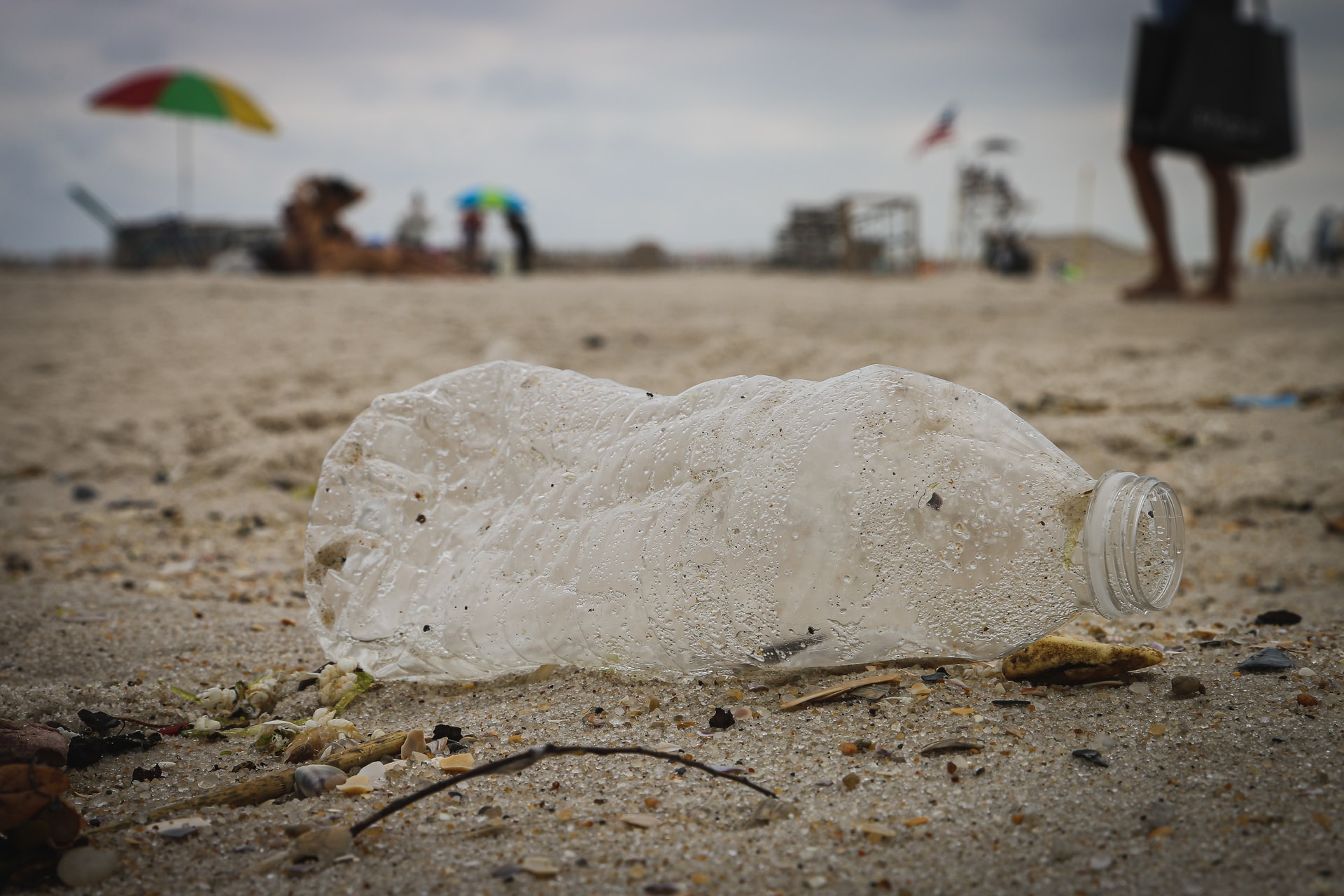
Plastic pollution in the oceans and seas is growing despite the many efforts of authorities warning citizens to be responsible for their waste disposal. Because of this human behavior, our oceans suffer from the plastic garbage we dispose of.
This results in the suffering of fish and other marine animals — they accidentally eat plastic waste or get caught in the garbage that can lead to their deaths.
Since we also eat fish and other seafood, this situation also affects us. Some fish with traces of chemicals from the plastic they eat will be consumed by us, too.
RELATED: Drowning In Plastic – The Ocean Story
8. The Production of Bottled Water Wastes Energy
The manufacturing of plastic that uses natural gas or petroleum requires a large number of natural resources and energy. In the U.S. alone, plastic bottle production needs more than 17 million barrels of oil.
Not only that, the energy from vehicles that transport these bottles also uses natural sources. This actually doubles the amount of energy plastic bottles consume, from production to distribution.
9. Bottle Manufacturing Also Pollutes the Air
Some water bottles use petrochemical plants during the manufacturing process, and these plants produce harmful contaminants in the air, such as carbon and sulfur. This pollutes the air that can affect the citizens, and even animals, who live near the production area.
Phthalates used in the making of plastic to make it soft and flexible easily migrate into the air that both humans and animals breathe, which is harmful. The chemical’s smell is that of a new shower curtain and a new car.
Petrochemical Plants Definition: These are plants that convert natural gas, oil, and minerals into various products for an array of applications.
Phthalates Definition: These are a cluster of chemicals responsible for increasing and softening the flexibility of vinyl and plastic.
10. People Usually Do Not Recycle Plastic Bottles
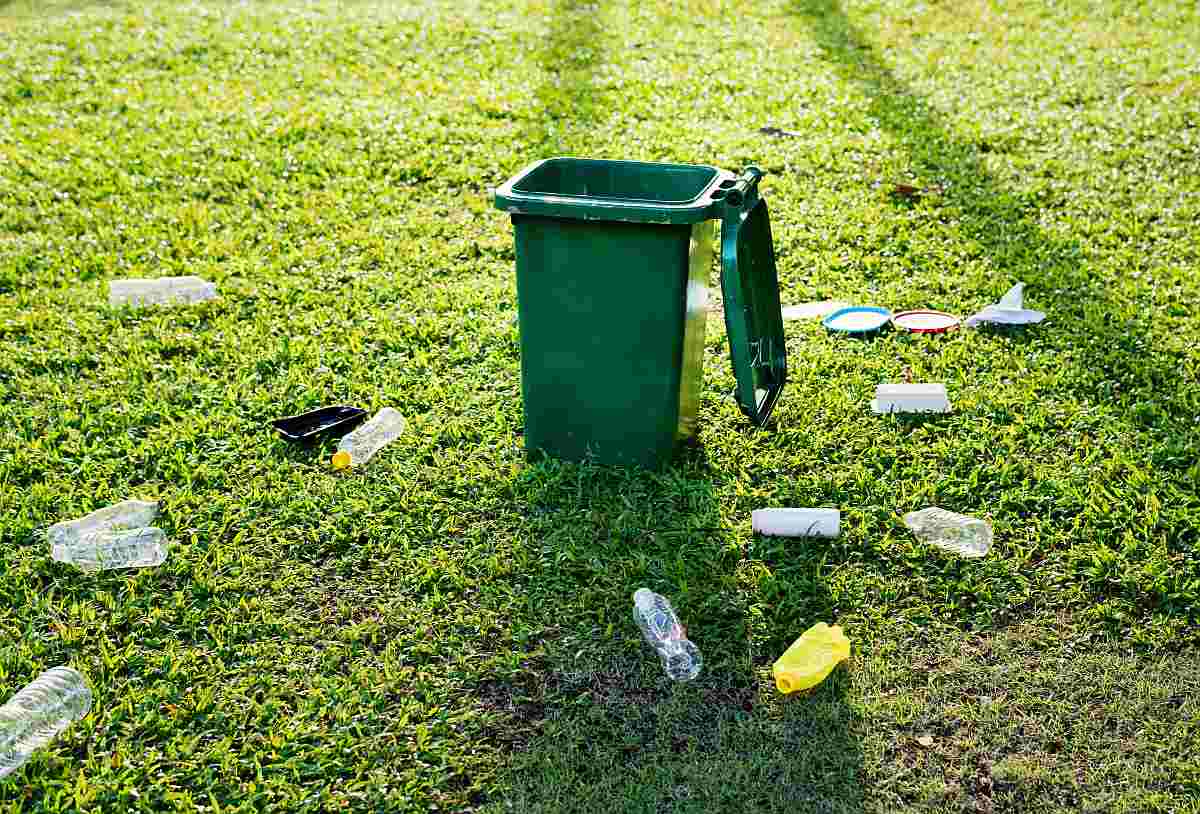
Although authorities encourage citizens to recycle plastic, American consumers do not typically reuse them. Estimates say that more than 80% of water bottles in the country become litter.
Unlike metal water containers, these single-use plastic bottles are not meant to be reused once you have finished the water inside them.
As a result, these waste plastic bottles end up in streams and other waterways and on beaches and roads. The government pays millions of dollars annually to clean up plastic wastes and dispose of them.
11. Some Bottled Water Has Contaminants
At some point, some bottled water can sit on the store shelves for months, and this allows mold, algae, and yeast to develop over time. Mold, for example, can grow on plastics when there is continuous moisture, especially when exposed to the sun.
Also, in some cases where bottled water was not sealed correctly where air can easily enter and there are more mold-baring contaminants in the water, the possibility of mold growth is high. Exposure to molds can increase the risk of developing allergies, depression, and asthma.
Worse, if contamination occurs at the bottling plant itself, you have no guarantee that your products will be recalled until months after the incident.
12. The Environmental Protection Agency (EPA) Does Not Regulate Bottled Water
Speaking of regulation, remember that it is the FDA that is in charge of monitoring bottled water, not the EPA.
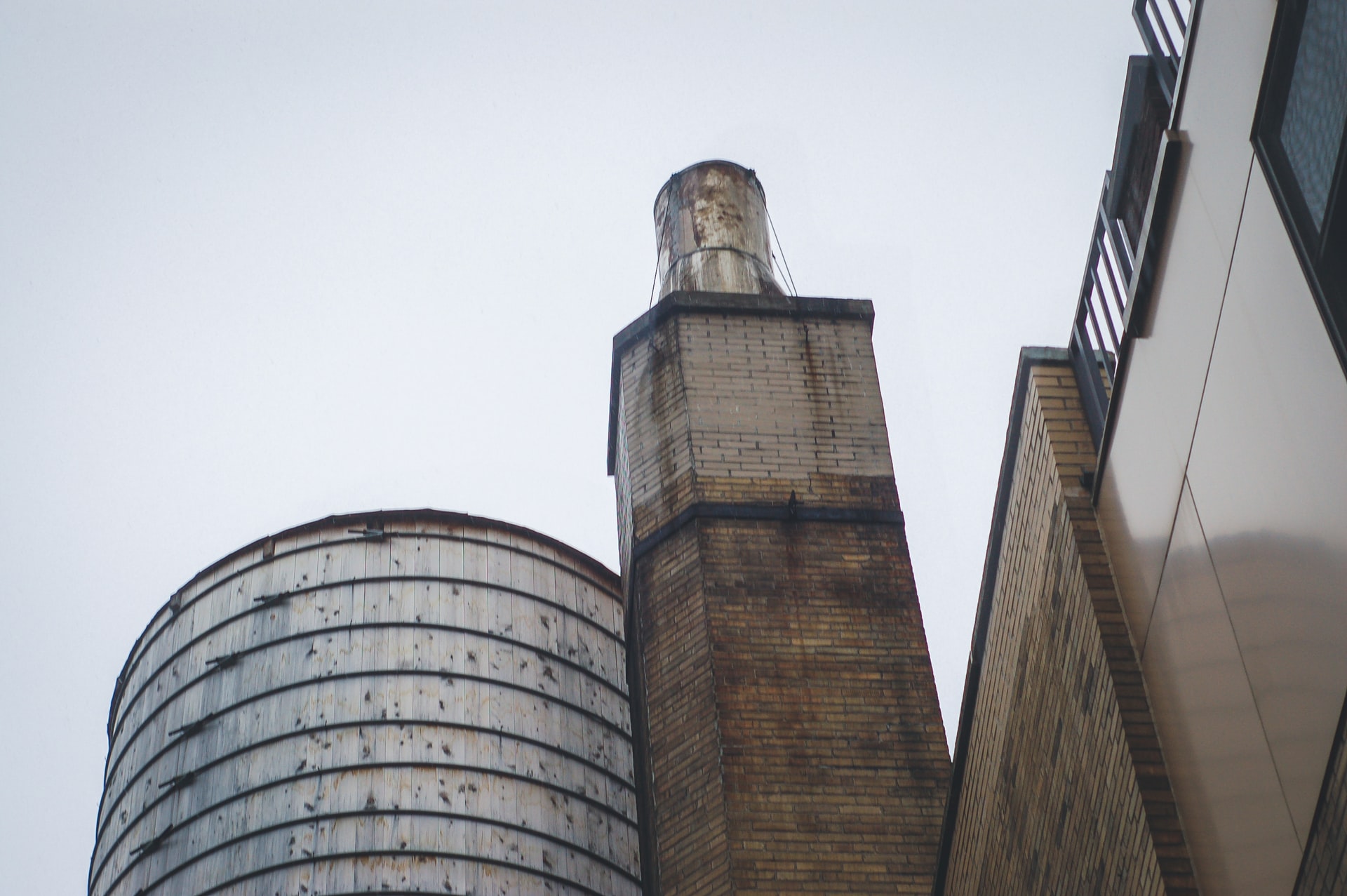
The EPA tests tap water for Escherichia coli and other bacteria, which is a standard stricter and higher than that of the FDA. The agency makes sure to protect the public from water contaminants in public water systems that can harm them.
On the other hand, the FDA has been known to be considerably laxer with their regulations, choosing instead to leave testing up to the manufacturers. Unlike the EPA, this agency does not even require manufacturers to use laboratories for this process, nor does the agency urge these companies to report their findings.
Unfortunately, this means that bottled water isn’t always produced in safe, bacteria-free conditions.
With these facts about bottled water, it is clear that the constant drinking of water from plastic bottles does not only cause harm to human health but also to animals and the environment. If you decide to switch to drinking tap water, you can always make it even healthier by getting your own water ionizer and converting regular water into alkaline water.
Save yourself and the planet now from plastic harm by choosing instead to drink tap water filtered by a water ionizer machine!
Have you ever been exposed to contaminated bottled water? What other things do you know about bottled water vs. tap water that you like to share with us? Let us know in the comments section.
Up Next: 21 Water Ionizer Health Benefits
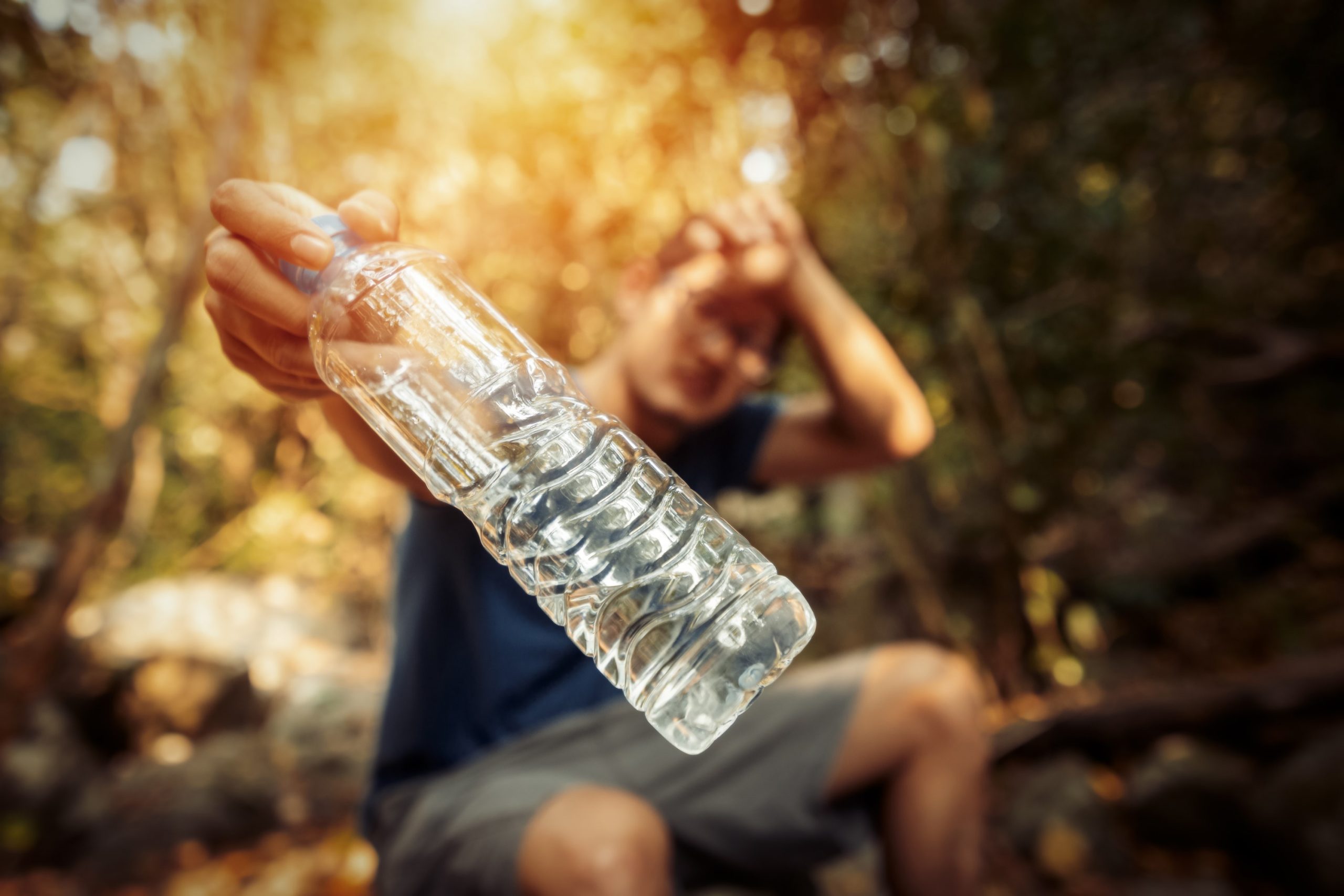
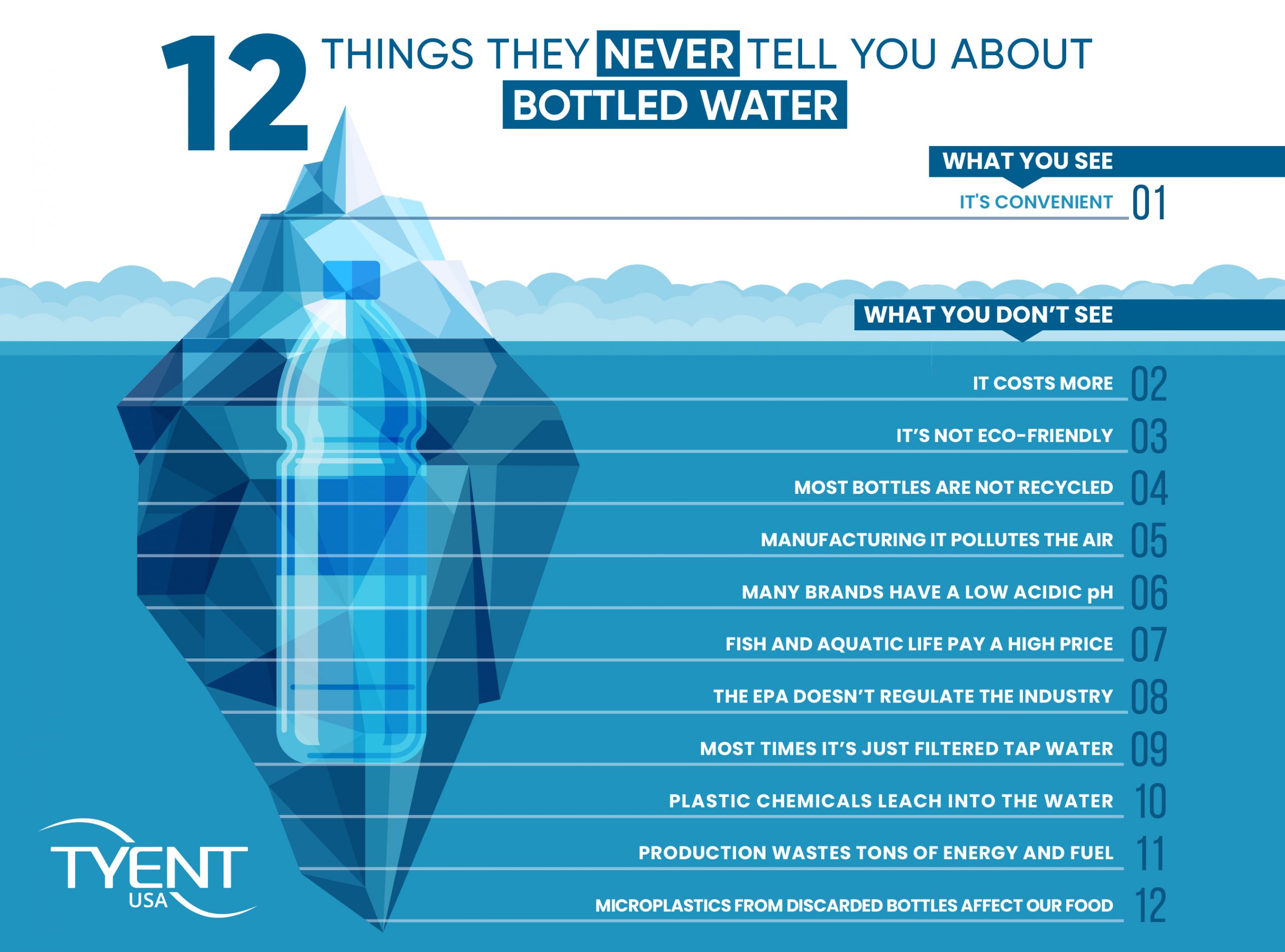
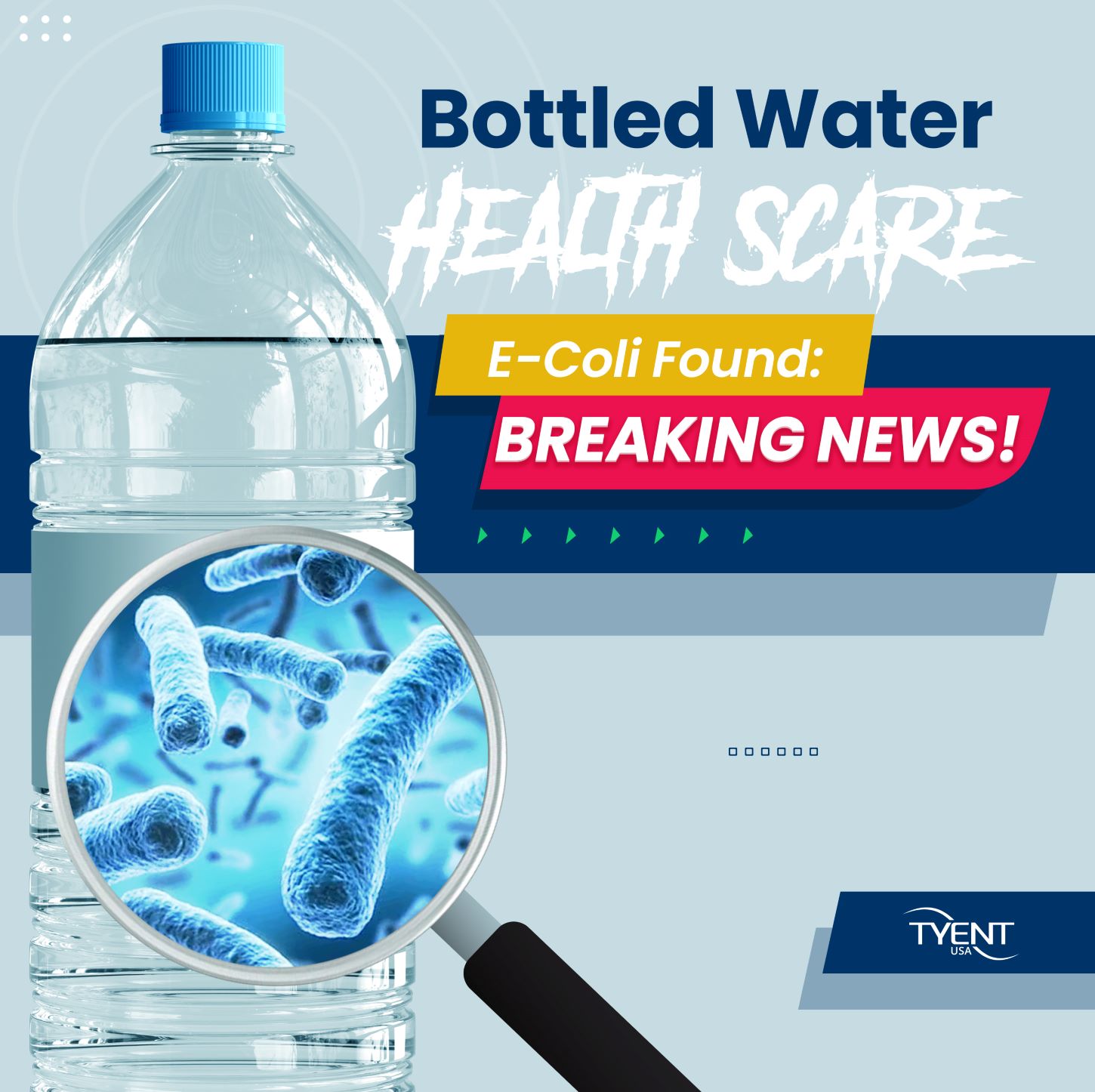
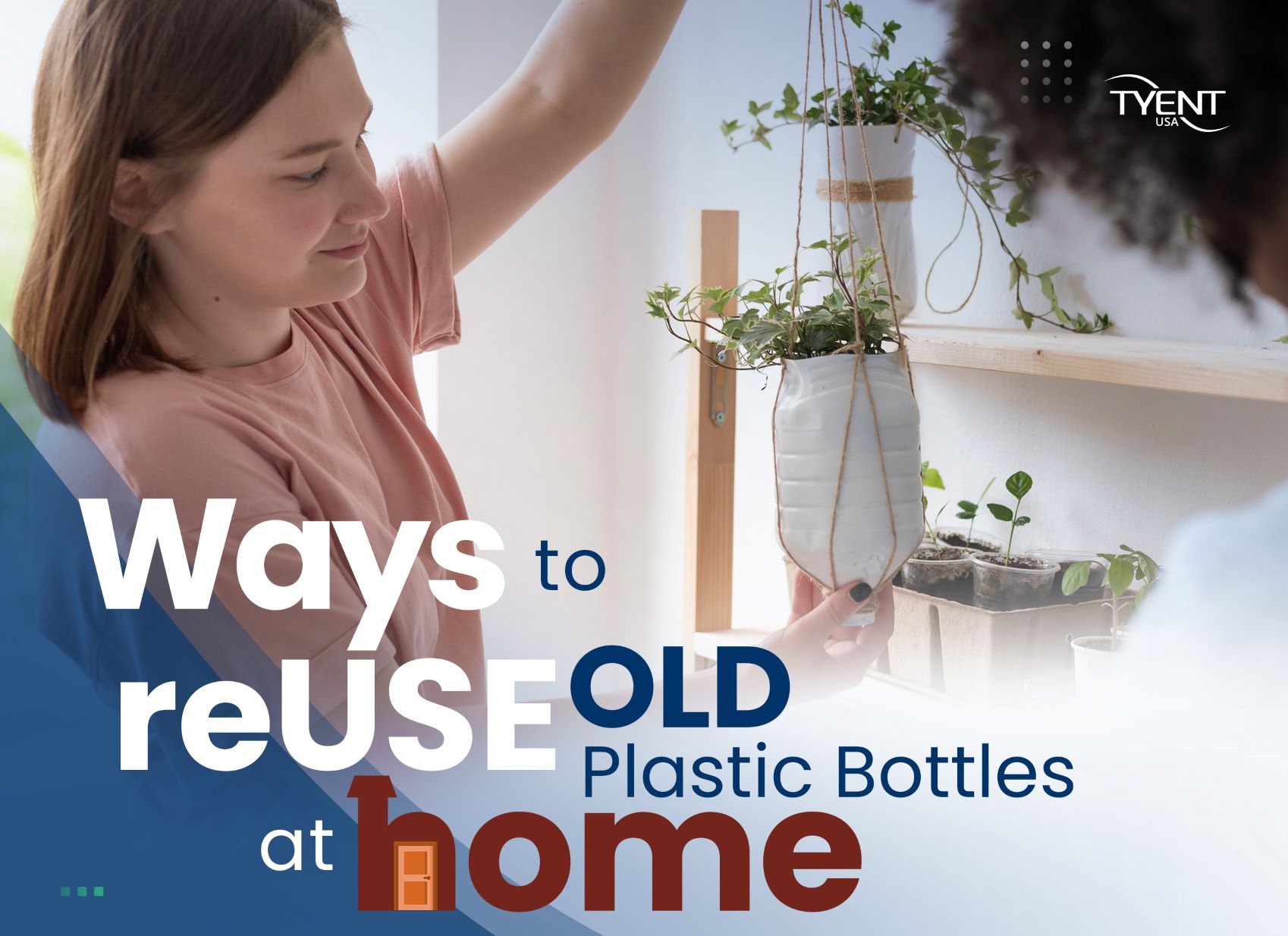







Oh man, this is sad to hear about. There’s so much plastic waste in the US alone, what more the world? I’ll look into not purchasing bottled water anymore.
Hi, Leland. The bottled water and general plastic situations in our society have gotten out of hand, which are major reasons we recommend getting your own water ionizer at home so that you’ll never have to get another plastic bottle ever again.
If you want to change your water lifestyle today, why not switch to Tyent? Our water ionizers will happily talk to you about our machines, so please give us a call at 855-893-6887.
Sooo shocking!! People would tell me to never leave my bottled water in the car because the plastics would melt and mix with the water. My God no wonder.
Hi, Judith. This is the unfortunate truth about the kind of water that many people continue to purchase and consume. We recommend making the switch to the healthier option of Tyent hydrogen-rich alkaline water, which is more cost-effective, environment-friendly, and beneficial for our bodies in the long run. Our water ionizer experts will gladly talk to you about this, so give us a call at 855-893-6887.
I agree with the points on bottled water. Adding salt to our glasses of tap or distilled water seems like a better long-term solution.
Hi, Beckett. Adding salt is actually just a temporary solution to cleanse your water and fill it with essential minerals that distillation gets rid of. Please keep in mind that too much salt isn’t good for our bodies. Ingesting too much salt can lead to illnesses. The salt content that you consume will accumulate if you keep using Himalayan salt to remineralize each glass of water that you drink.
It’s better and more cost-effective to switch to drinking alkaline water, especially Tyent’s. Our water ionizers not only fill your drinking source with the essential minerals that distilled water lacks, but they also produce molecular hydrogen, the most powerful antioxidant on the planet.
We can answer any questions that you may have about our water and ionizers on the phone, so please contact our water experts at 855-893-6887.
In this case then I would try a filter pitcher first to see if it can clean my water.
Hi, James. A filter pitcher isn’t the best option in the long run. A filter pitcher can’t remove the more dangerous chemicals that can be found in tap water, nor is it going to be able to filter the water as quickly and effectively as our water ionizers do. Plus, your water isn’t going to be full of essential minerals and molecular hydrogen (one of the most powerful antioxidants available), which our water is abundant with. Those are just some of the major differences between low-quality and high-quality ionized water.
If you’re interested in purchasing any of our water ionizers and making a lifetime investment, we offer a financing program for as little as $25 per month. Our water ionizer experts are also eager to assist you, so give us a call at 855-893-6887.